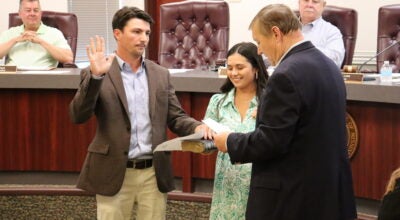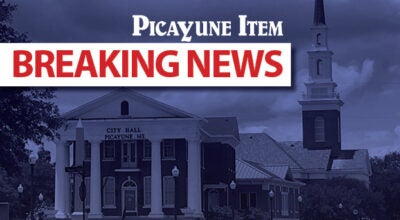Opportunity Zone more than likely won’t be moved
Published 7:00 am Saturday, February 23, 2019
Community members and business leaders in Picayune heard from a representative of the Mississippi Development Authority during an event held this week by the Greater Picayune Area Chamber of Commerce.
Jamie Miller, deputy director of MDA, updated attendees on a program called Opportunity Zone and gave new information about the availability of BP settlement funding.
The biggest topic for local business owners was the creation of an opportunity zone in the city of Picayune. Miller said the zones were created as part of the Tax Cuts and Jobs Act of 2017, and Mississippi was the first to create zones upon passage of the Act. Miller said 18 were created within Mississippi. Business owners can utilize the Opportunity Zone to get relief from taxes by making investments within the Opportunity Zone.
Picayune’s Opportunity Zone primarily falls in residential areas, and none of it is in the city’s Industrial Park, which appeared to be a point of contention for those in attendance during Wednesday’s presentation.
Questions as to whether the Opportunity Zone could be moved to include the Industrial Park were posed. Miller said that while technically the zone could be moved, it would require action from Congress, which he felt was unlikely.
The maps were created using census data focusing on areas with the highest poverty rate. According to MDA’s website, areas “with a poverty rate of 20 percent or greater and/or family income less than 80 percent of the area median income, were eligible for consideration.”
In relation to the BP funding, Miller said the $750 million settlement from the company will be doled out in payments until about 2033. The first payment of $160 million was made in 2016, and all but $27 million has been spent on projects to improve roads, bridges and other infrastructure.
For the next 14 years, the state will receive $30 million per year, of which 25 percent will be used for projects across the entire state, and 75 percent will be allocated for projects in the lower six counties, including Pearl River.
To receive funding, a governmental entity has to apply by submitting a project proposal.
That proposal will be considered by an advisory board, who will decide which projects to send to the Legislature for final approval. Miller said he expects the application process to begin in the spring of this year and scored sometime this summer.
“You should be optimistic about Mississippi’s future because it’s very bright,” Miller said.




